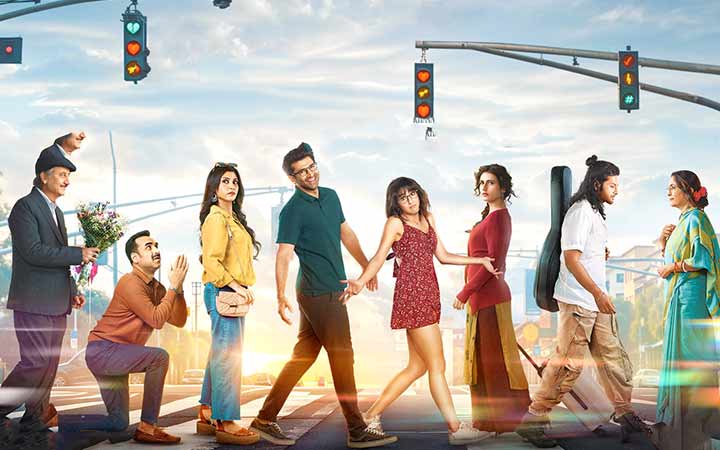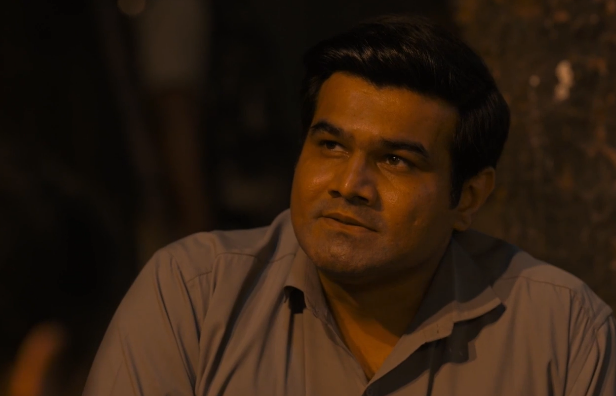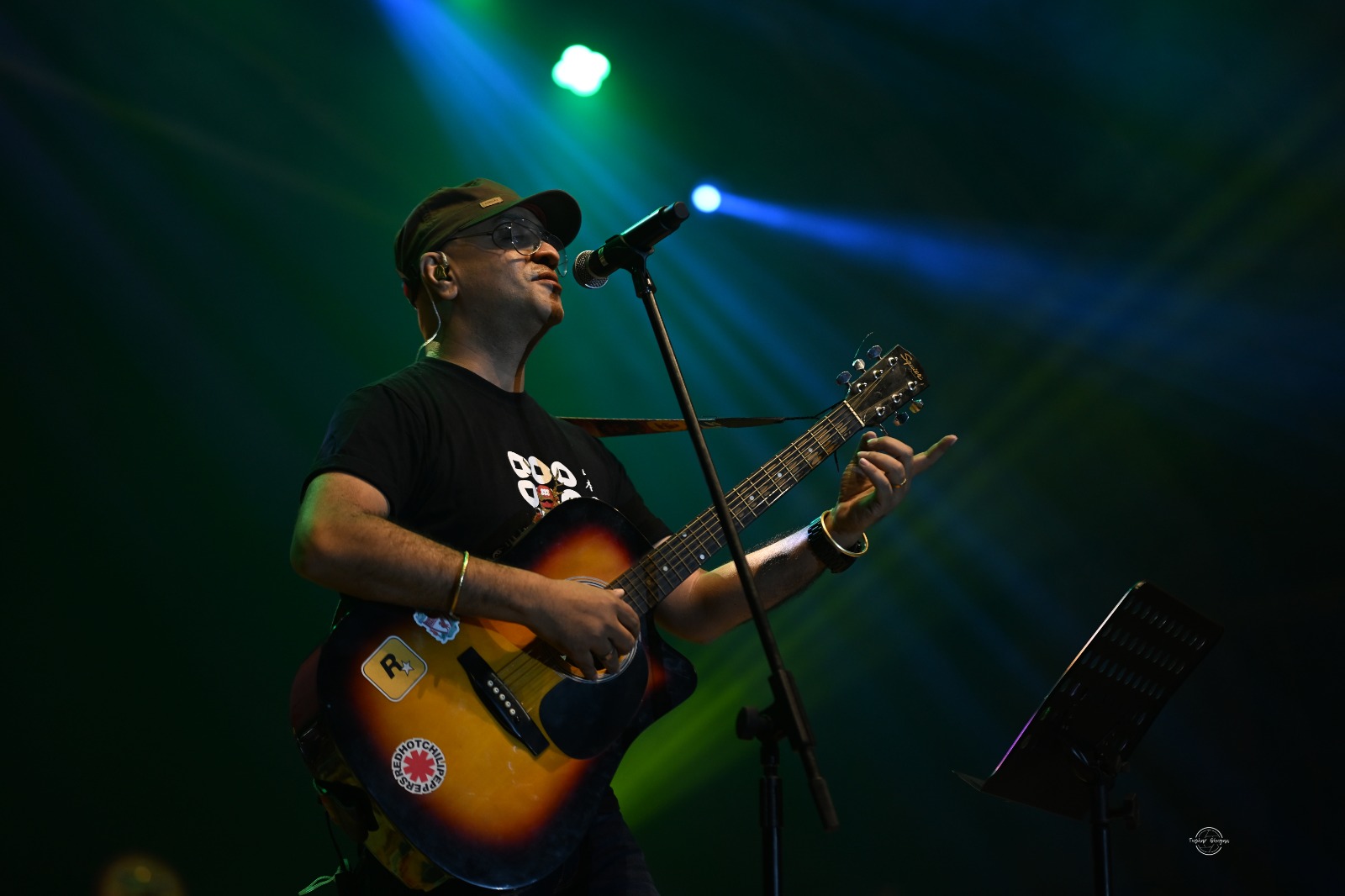
“I aim to create music which has a timeless appeal to it” – Joi Barua
Joi Barua is an artist you cannot put in a box. While his professional life revolves around music, he has done so many different things in this space that it is almost impossible to predict what he will do next. Joi started his career as a singer lending his voice to several advertising jingles and soundtracks for many Hindi films including ‘Dev D’, ‘Udaan’, Luv Ka The End’, ‘Mujhse Fraaandship Karoge’, ‘Zindagi Na Milegi Dobara’ and ‘Agent Vinod’. Around the same time, he was creating music and traveling extensively with his band, Joi.
In the last few years, Joi has composed several soulful melodies for films like ‘Laila Majnu’ and ‘Thai Massage’. Last year, his original compositions were performed by the Royal Philharmonic Orchestra in London. ‘Woh Bhi Din The’, a film shot a while back and released recently on Zee5, features songs and score put together by Joi.
In this interview, Joi talks about the experience of doing the music for a coming-of-age film, collaborating with Imtiaz Ali and Sajid Ali, introducing the younger generation to the music of Bhupen Hazarika, upcoming projects and more.
‘Woh Bhi Din The’ was shot around 2012-13. The film was called ‘FLAMES’ and ‘Banana’ at different points. How does it feel to see the music you composed for a film coming out after a long time?
I aim to create music which has a timeless appeal to it. Even if the album had come out ten or twenty years later, it would have sounded fresh.
‘Woh Bhi Din The’ is a coming-of-age film showcasing the lives of a bunch of teenagers in Jamshedpur. The music seems to have a youthful flavour to it.
Yes! The characters in the film are studying in 11th and 12th grade. Some of the songs in the film have elements of rock music in them. The album has 8-9 songs and each carries a distinctive flavour. Through the music, we have tried to showcase the different emotions which teenagers go through. The songs also reflect a sense of growing up.
We have not seen too many coming-of-age films made by Hindi filmmakers. This is a genre which remains unexplored.
I firmly believe ‘Woh Bhi Din The’ is one of the best films to have come out in this genre. Sajid Ali has written and directed the film beautifully.
Interestingly, ‘Udaan’, one of the finest films in this space, was initially offered to Sajid Ali. When Vikramaditya Motwane was trying to make the film around 2004-05, he wanted to cast Sajid as the protagonist.
Yes, that’s right! I feel happy about the fact that I have been a part of both ‘Udaan’ and ‘Who Bhi Din The’. In ‘Udaan’, I lent my voice to the title track. Here, I have composed the background score and all the songs.
The film is set in Jamshedpur. Did you have to keep that in mind while creating the soundtrack?
Yes! Every city or town has a unique temperament, nature and sound. I visited Jamshedpur a couple of times and fell in love with the city. The city boasts of so much greenery. Sajid grew up in Jamshedpur, so he knows and understands the city very well. He was the one who familiarized me with the city. He introduced me to his childhood friends, took me to the places he used to go to eat and explained to me why he loves the city so much. The film came so much from his childhood. This is a film which has stemmed from life and made with love.
‘Woh Bhi Din The’, technically, was your first collaboration with Sajid Ali. You later worked with him on ‘Laila Majnu’. Imtiaz Ali had presented ‘Laila Majnu’ and co-produced ‘Thai Massage’ which you did the songs for. On all these films, you had Irshad Kamil writing all the songs. How has been the experience of working with this team?
The experience has been absolutely wonderful! Both Imtiaz and Sajid have a great sense of story and music. Sajid knows what he wants. Once you have understood the brief and are on the same page as him, he gives you complete freedom. Both of us then take the plunge ahead in doing things we have not done before. If I want to do something edgy, he will be the one saying a ‘yes’. Irshad ji is a magician who brings stories to life with his words. He is the finest poet and lyricist we have in cinema today.
The film has been produced by Shoojit Sircar and John Abraham. What kind of interactions you had with him while putting together the music for the film?
I spoke to John a couple of times while doing the music for the film. He was very warm and generous. I didn’t get an opportunity to meet Mr. Shoojit Sircar. I had elaborate discussions with Sheel Kumar and Ronnie Lahiri from Rising Sun Pictures. Whatever music I made, they approved of it in the first hearing itself.
There is an interesting story behind how I was chosen to do the music for this film. They had heard my Assamese album and wanted to use a song from it in the film. They would have probably gone to other composers for the rest of the songs. When they heard a little more of my music, they gave me the entire film to do. All of us believed that the film should have the kind of songs which sound fresh and do not sound similar to anything which have been done in the past.
The music of ‘Laila Majnu’ did not attract a lot of attention upon its release. However, the songs have become very popular over the years. ‘O Meri Laila’ has emerged as the most popular song from the film and has garnered a huge number of views on YouTube.
I strongly believe that good songs survive and reach out to the listeners in due course of time. A musician should work towards creating music that is honest. If the audience does not appreciate a good song today, they will definitely understand its value a few years down the line.
‘Kyon’ from ‘Thai Massage’ is one of the best compositions one has heard in the recent times. How was the process of putting it together?
Imtiaz’s brief for the song was very simple. He asked me to make something which would be simple and profound. I sat on the brief for two days. Then, I played a riff on my piano and everything fell into place organically. The first composition was the first draft. In terms of melody, nothing was changed.
Last year, your compositions were performed as by the Royal Philharmonic Orchestra in London. How was this particular experience like?
I am a musician who almost had no musical training. In this journey I have had so far, I found myself, stumbled upon music that represented me. I learnt to dig into the folklore of my land, discovered storytelling and understood how to use music as a tool to tell those stories. It’s the journey you enjoy. I had the Phantom of Opera singing my songs. We have a premiere of the musical project by the Royal Philharmonic Orchestra in May. Life has been amazing because it has taken me to interesting places and led me towards discovering incredible stories.
Every experience teaches you something. I spent so much time in Jamshedpur for ‘Woh Bhi Din The’ that now it feels like home. When I reach out to the tribal diaspora of North East and listen to their stories, I realize I could tell their stories through my music. I feel excited about telling stories which remain untold and unobserved.
You collaborated with so many international musicians while working on this international project. Did you face any issues or challenges?
When you work across different cultures, you might come across people who might not have heard your music. In an artistic setting, you often come across instances where you feel challenged. You might have had success in the past but you have to prove yourself all over again in the studio. They should get a sense that you know what you are doing. Sometimes, people like your music and wish to collaborate with you. However, you have to do something all over again that inspires them. They have to feel that you are bringing something fresh to the table. You have come back to zero and create something that also sounds new to you.
How active is your band today?
It’s very active! The band is my lifeline. This is where I experiment with different things. We just did two shows in the North East. We are a loud, stadium-sounding band. Right now, we are working towards reviving the music of Bhupen Hazarika. His music had a magical impact on me when I heard it for the first time as a child. He was a storyteller. I find his music to be timeless. Music should not be a hasty opinion or observation. People have to appreciate your music several years after you have created it.
We have re-arranged his classic ‘Buku Hom Hom Kare’ and performed it as a band. The Hindi version was called ‘Dil Hoom Hoom Kare’ and was used in the film ‘Rudaali’. The film song was designed as a romantic number. The original song was about one’s motherland. When we performed the song at Tezpur University recently, the crowd went crazy. Bhupen da made music with the help of the technicalities and instrumentation that was available at that time. Without losing the essence of his compositions, I am reimagining them in a contemporary setting.
What are you doing next?
Some films are in the pipeline. I am doing more work with the symphonies. I have an Abbey Road Studio schedule in May. I am working with the Indian Army on a special project, the details of which will be announced soon.
Publisher: Source link
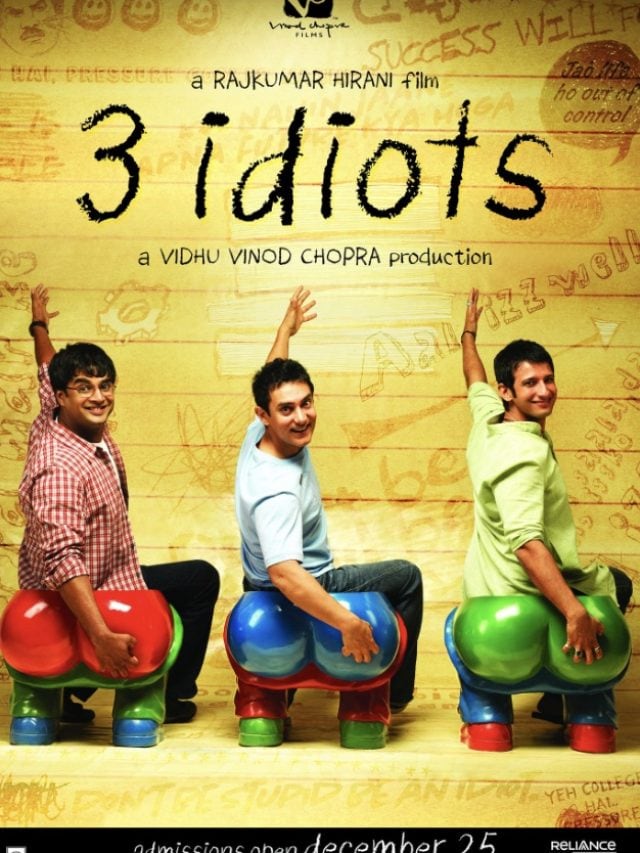
5 Bollywood Films To Watch To Brighten Your Day
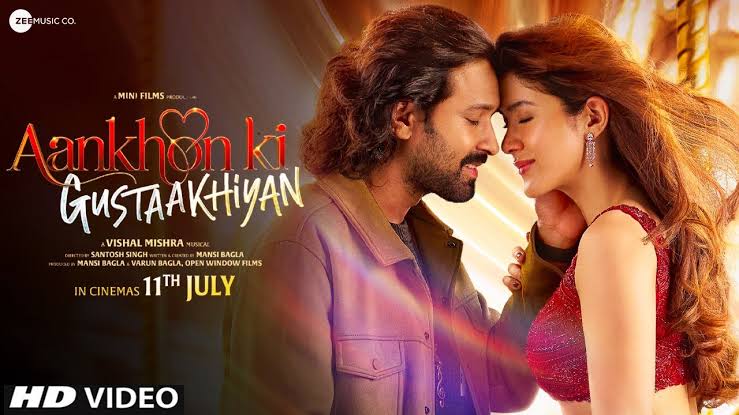
Sightless, yet soulful – Beyond Bollywood
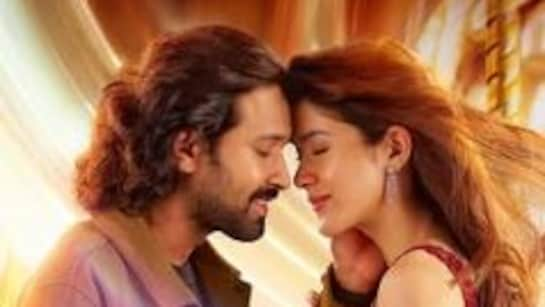
Aankhon Ki Gustaakhiyan Movie Review
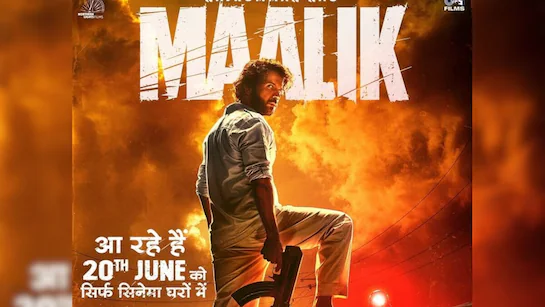
Maalik Movie Review – Bollymoviereviewz
